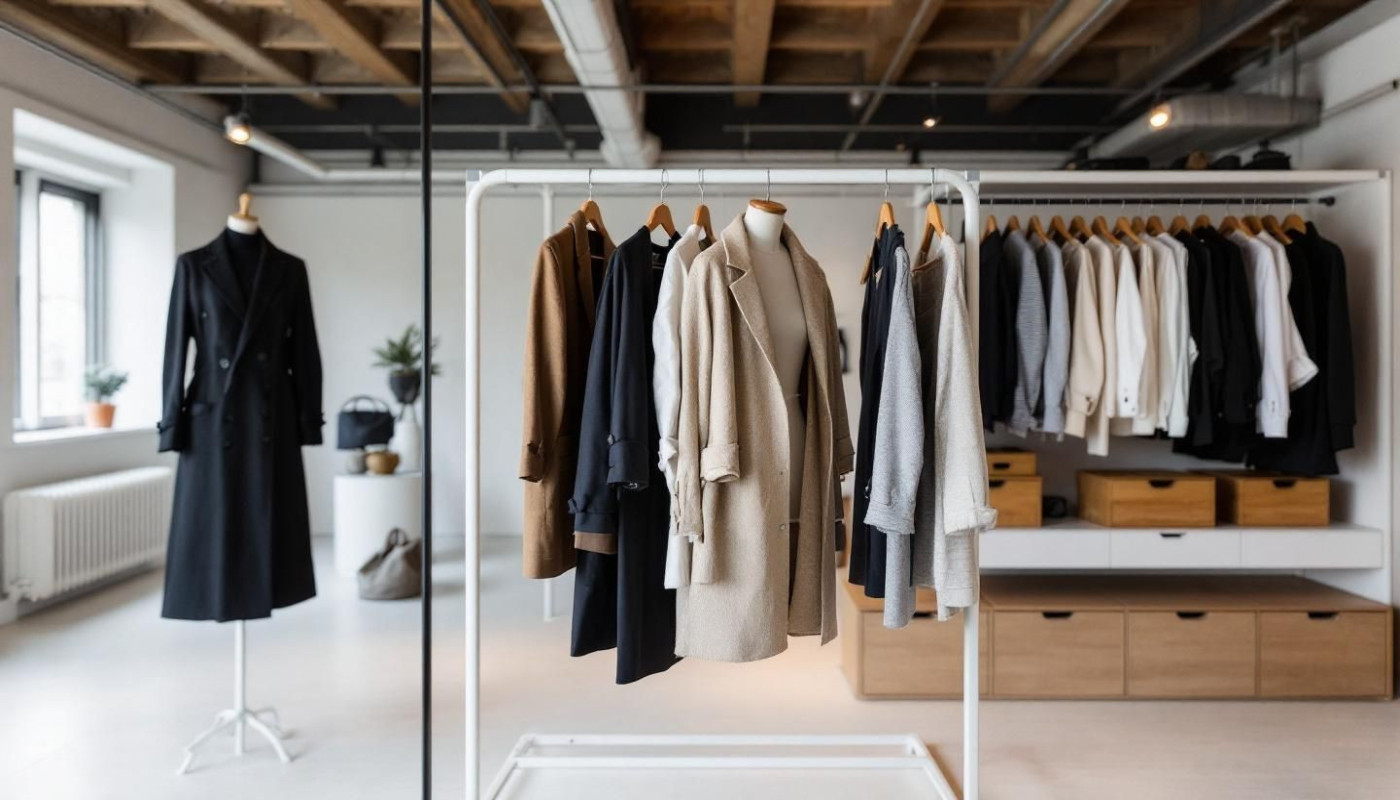Table of contents
In the realm of men's fashion, mastering the art of layering is a surefire way to elevate your style game. In each season, layering provides an opportunity not only for warmth and comfort but also to display an understanding of color coordination, texture matching, and pattern play. This article will take you on a journey through this intriguing aspect of menswear that has become more crucial in recent times due to its versatility and functionality. Dive into this sartorial guide as we break down the essentials while highlighting some important strategies and tips.
Understanding the Basics of Layering
Layering, a term that holds significant importance in the realm of Men's Fashion Essentials, carries a deeper sartorial meaning beyond simply piling on clothing items. It's an art that adheres to the principles of function, flexibility, and form. Primarily, the functional aspect of layering is geared towards providing warmth. Skillful layering can help maintain a balance of body temperature, especially during colder months, thus making it a pivotal part of Seasonal Clothing.
Furthermore, layering adds an element of flexibility to any outfit. It allows for easy Outfit Changes, enabling the wearer to modify their look simply by adding or removing a layer. This adaptability becomes particularly beneficial during transitional weather or throughout a day with varying temperature ranges.
From a stylistic perspective, layering is key to adding visual interest and depth to an outfit. It offers a way to experiment with different textures, colors, and silhouettes, thus enhancing overall style. This is where the expert guidance of a professional stylist or a fashion blogger specializing in men's styles becomes indispensable.
In essence, layering is not merely about donning multiple clothing items but rather understanding how to strategically use each layer to its fullest potential. It's about skillfully transitioning between seasons, effortlessly adapting to changing environments, and, ultimately, showcasing individual style.
Unlocking Color Coordination Techniques
Color coordination is an integral part of mastering layering in men's fashion. One might think of it as a complex task, yet, with continuous practice, it becomes a part of every fashion enthusiast's skill set. Starting from the basics, neutral colors provide a solid foundation for successful styling. Colors such as white, black, gray, and navy are considered neutral, and they form the backbone of a well-coordinated outfit.
Moving beyond the basics, the use of bolder hues introduces a sense of individuality and personality. The technique of matching these bold hues can turn an ordinary outfit into an extraordinary one. An experienced color consultant or stylist would advise using a monochromatic color scheme for a sleek, sophisticated look. This scheme uses different shades and tints of one color, creating a cohesive and harmonious outfit.
In addition to monochromatic, analogous color schemes are another effective tool for color coordination. This scheme involves using colors that are next to each other on the color wheel, offering a seamless transition from one layer of clothing to the other. Color coordination might seem daunting at first, it is pivotal to remember that with practice and guidance, everyone can master layerings and unlock the art of successful, stylish dressing.
Fabric Mixing And Texture Play
When diving into men's fashion, a vital point to note is the harmony created by fabric blends. A seasoned fabric designer or textile expert will tell you that the secret to mastering the art of layering is knowing which fabrics complement each other. An interesting aspect of fabric blending is the unique feel each material provides. For instance, pair a twill weave shirt with a knit fabric sweater for an appealing contrast. This combination adds depth through texture while providing a comfortable wear.
Exploring different textures like denim and suede can elevate your style, offering visual elements that are pleasing to the eye. Such details add an intriguing depth and dimension to your overall look. By understanding the weight and feel of different materials, you can create balanced and stylish layered outfits. Remember, in men's fashion, layering is not just about piling clothes on. It's an art of creating a cohesive, visually dynamic ensemble that feels as good as it looks.
Similar

Capsule wardrobe must-haves for the minimalist man

Transitioning your wardrobe from winter to spring key pieces for men

